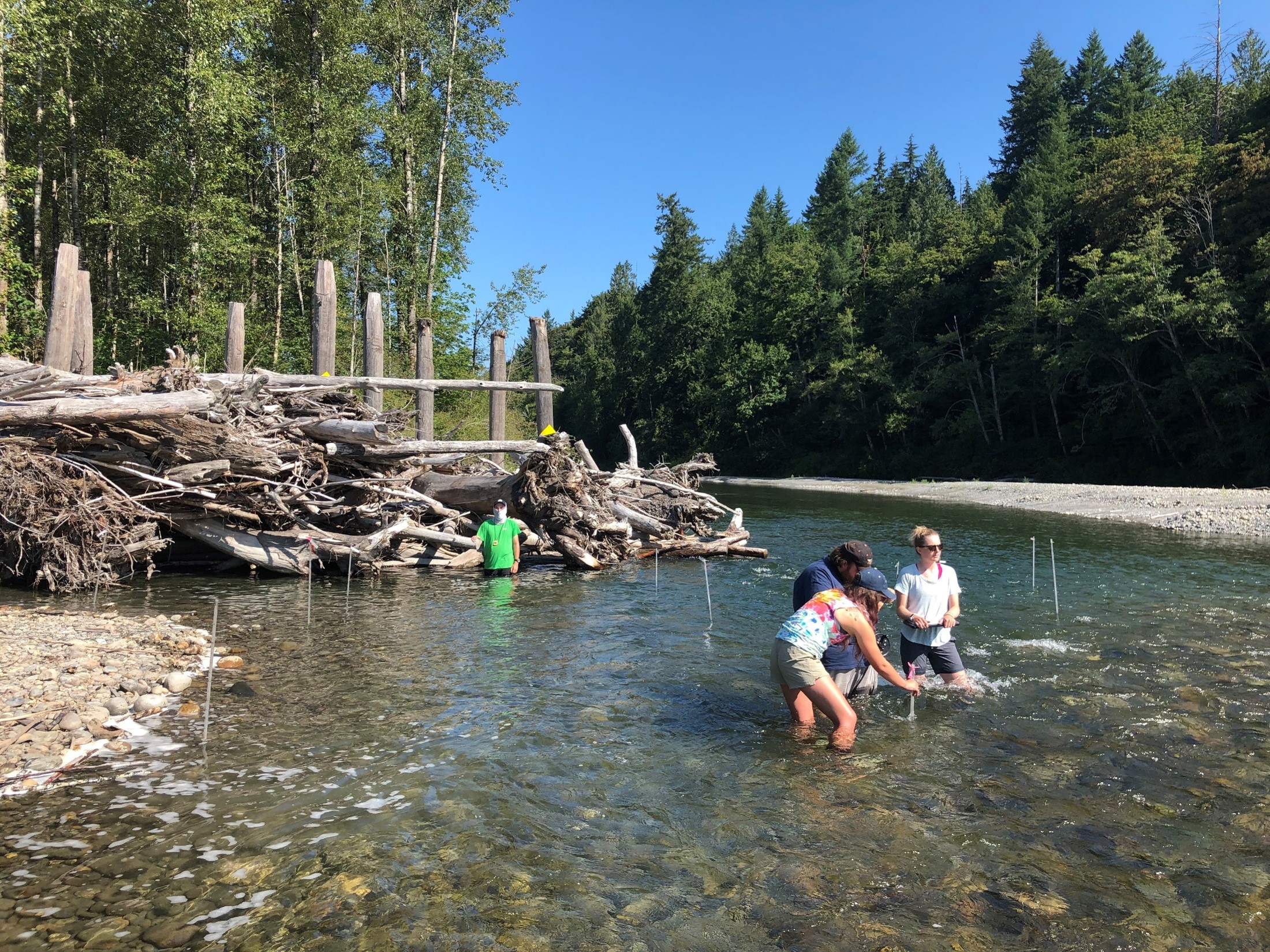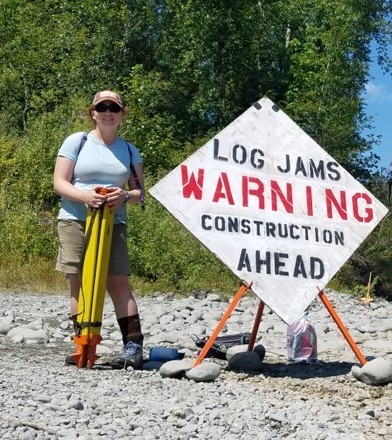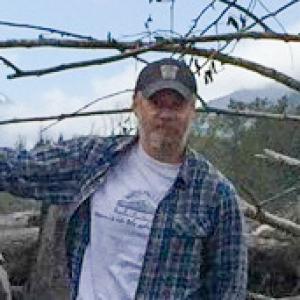Salmon Habitat Restoration using Engineered Log Jams: Is it Working?
Video recording of the presentation.
The decline of Pacific salmon (Oncorhynchus spp.) has been well-documented, and freshwater habitat degradation is a primary contributor. Of particular concern is the loss of large woody debris (LWD) from rivers and streams. A common approach to salmon habitat restoration involves construction of engineered log jams, which mimic the benefits of naturally-occurring LWD, but after decades of log jam restoration projects, salmon populations have not recovered to a significant extent. To evaluate the effectiveness of engineered log jams, we analyzed long-term monitoring data from multiple restoration projects in Washington State. We found that engineered log jams generally improve habitat as intended, but salmon responses vary by species and location. Habitat improvements do not always address the limiting factors for salmon production, and in some cases the rate or spatial extent of restoration work may be insufficient to offset ongoing stresses affecting salmon. These findings suggest that engineered log jams should be employed as part of a broader strategy for salmon recovery. This work also highlights the need for comprehensive, long-term monitoring to identify limiting factors and assess the effectiveness of different restoration actions for specific salmon habitats and populations.
Much of this research was done in collaboration with grad-student Caroline Walls.


About the Speaker

James Helfield is an assistant professor of Terrestrial and Aquatic Ecology in the Department of Environmental Sciences at Western Washington University. He earned his Ph.D. in forest ecology at the University of Washington. He also holds an M.Sc. in physical geography from the University of Toronto and a B.A. in English literature from Duke University. His research focuses on rivers and salmon.
Environmental Speaker Series
The Environmental Speaker Series is hosted by the College of the Environment at Western Washington University.
The Series is free and open to the public. Talks are held each Thursday at 4:30 pm in Academic Instructional Center West room 204 - AW-204. Talks will also be streamed via zoom. Register with the Alumni Association for the zoom link. Paid parking is available in lot C.
Learn more about the Environmental Speaker Series
Subscribe to the Email List